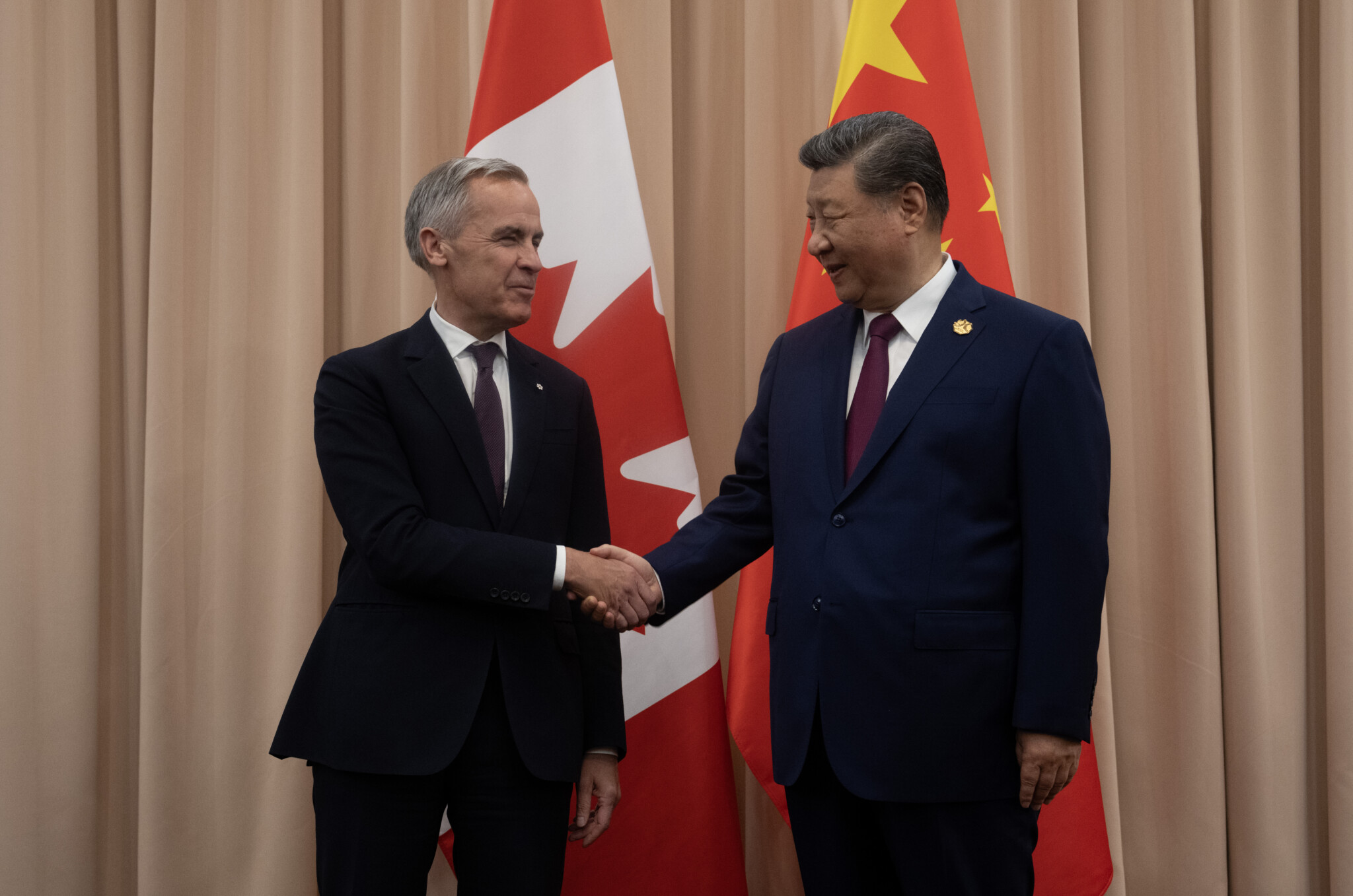In a recent Toronto Star column, David Olive called for renewed economic engagement with China. He argued that Canada can hedge against an unpredictable United States by deepening trade with Beijing. But, while diversification is a worthy goal, his prescription is strategically naïve and economically risky.
The idea that Canada can meaningfully “diversify away” from the United States defies geography, history, and common sense. Our two economies are bound by the world’s longest undefended border, a shared language and legal tradition, and deeply integrated supply chains. A whopping 77 percent of the goods Canada exports today are bound to the U.S. No other country receives more than 5 percent of our goods. Canadians and Americans study, invest, and innovate together. It’s not just proximity that matters, but compatibility. Both nations are rooted in democracy, human rights, and the rule of law—principles that underpin investment certainty and regulatory predictability. To pretend that Canada can pivot away from this reality long-term is pure fantasy.
That doesn’t mean diversification is unwise. Strengthening ties with like-minded partners—through our trade agreements with the European Union, South Korea, or through the Comprehensive and Progressive Agreement for Trans-Pacific Partnership—builds resilience without compromising our principles. True diversification extends our reach while reinforcing our values, not undermining them.
Olive understates the profound obstacles to “restoring relations” with China. They are not mere irritants, but deep incompatibilities between Canada’s democratic values and Beijing’s authoritarian conduct. Since joining the World Trade Organization in 2001, China has gamed the rules of global commerce by propping up state-owned enterprises, dumping subsidized products, and weaponizing non-tariff barriers against its critics. Its human-rights record at home and abroad is appalling. Domestically, the persecution of Uyghurs, Tibetans, Falun Gong practitioners, and underground Christians; the crushing of Hong Kong’s freedoms must not be ignored.
Here in Canada, the election interference and the intimidation of Chinese-Canadians through fake police stations should not be overlooked. Not to mention the imprisonment of Canadians Michael Kovrig and Michael Spavor for 1,019 days on fabricated espionage charges. To gloss over these realities is to erode the moral foundation of our foreign policy.
Deeper economic engagement with China would also distort Canada’s trade alignment with our indispensable ally and neighbour, the United States. The moment Ottawa leans too far toward Beijing, Washington will notice—and the response will be swift. With the mandated CUSMA review approaching in 2026, even the perception that Canada is hedging its bets could provoke retaliation through more tariffs, expanded Buy-American rules, or border slowdowns. The result would be lost jobs, investment flight, and diminished trust within North America’s most integrated economic space.
Is deepening trade with China a viable strategy for Canada's economic diversification, or is it too risky?
How does Canada's deep economic integration with the U.S. complicate any potential pivot towards China?
Beyond economics, what are the core incompatibilities between Canada and China that the article emphasizes?









Comments (16)
Canada sees a free trade with CHINA as a win win situation where both countries win. China sees win win where China wins twice.